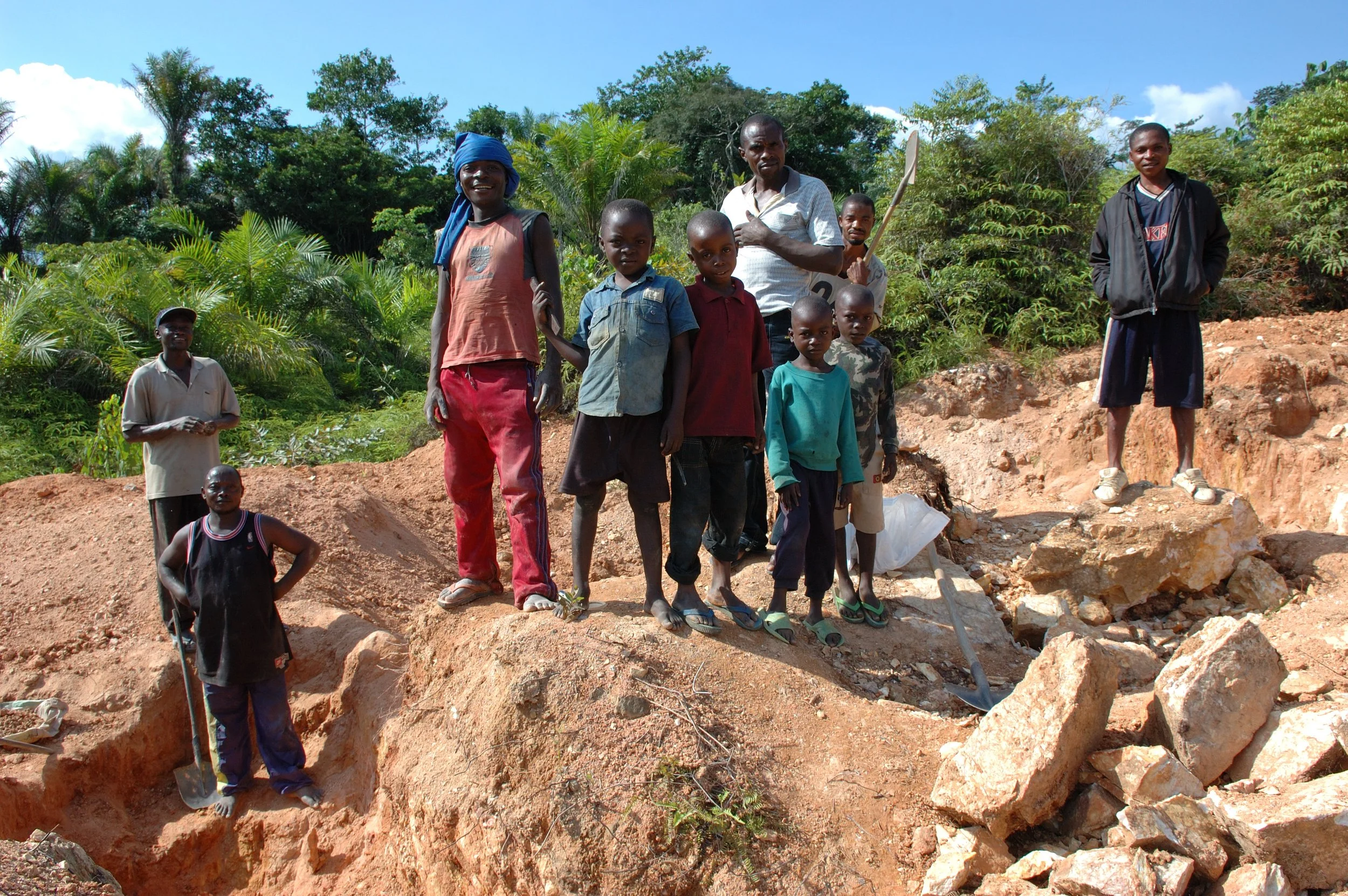Rampant child labor in the Congo has ignited an ethical social movement among Generation Z.
Child Mining in Kailo, Democratic Republic of the Congo. Julien Harneis. CC BY 2.0
Many young people have recently decided to quit vaping, not because of health risks like their parents with smoking but to instead protest child labor in the Democratic Republic of the Congo. Since gaining its independence in 1960, the DRC has experienced persistent hostilities in its Eastern provinces. In the last six weeks alone, violence in the North Kivu province has displaced more than 450,000 people. The intensification of violence has additionally resulted in devastating impacts on the lives of children, who have been forced into child labor.
Based on statistics from the Bureau of International Labor Affairs in 2022, 17.4% of children aged 5 to 14 in the DRC are working full-time. This includes over 40,000 child laborers toiling in cobalt mines in one province alone, according to UN agencies. The work that the children do is divided into multiple activities, including but not limited to agriculture, industry and services. The categorical worst form of child labor is forced mining. As a country that holds more than 50% of the world’s cobalt reserves, the DRC is a global leader in its production in artisanal mines. However, as a result of the nation’s poverty rates, child labor is common in this sector and deemed a necessity. Impoverished parents who can not afford to send their children to school have them contribute to the household by working. Even with the DRC Child Protection Code of 2009 that provides “free and compulsory primary education,” there is not enough government support and funding to take this financial responsibility off of parents. In 2022, the DRC made minimal advancements in efforts to eliminate child labor in its worst forms, causing Gen Z to take matters into its own hands.
Gen Z, characteristically hooked on vaping, has decided to quit the habit to stand in solidarity with those working in the DRC. The movement initially began on TikTok and has since spread, condemning vapes not for the cost or risks, but for their materials. Vapes have lithium-ion batteries that are made of raw minerals, including cobalt. As demand for vapes and other lithium containing products grows, there will be a greater need for lithium production, exacerbating existing problems for the mining industry and its workers. Already, the conditions for workers in the mines are harsh. Of the 255,000 Congolese citizens mining cobalt, 40,000 are children in the country’s southeast who dig all day in mines with small shovels or their bare hands for searing-hot stones. Children excavate materials in ditches or rivers where they have to haul the metal that they find. This work in a mine can last up to 12 hours each day to earn only between one and two dollars. For an industry that was estimated at USD 15.97 billion in 2022 and is anticipated to grow 6.2% from 2023 to 2030, child laborers are earning significantly less than those industries that they produce cobalt for. Glencore, the largest cobalt-producing company, achieved a total production of 25,320 metric tons in 2021 and is estimated to be worth nearly $68 billion. In 2022, Glencore’s annual revenue amounted to just under $256 billion, the highest of any mining company in the world.
Gen Z has seemed unmoved by the health risks associated with vaping, but have taken up the call for social justice very seriously. A number of users have taken to TikTok to call attention to the humanitarian crisis in the Congo and how the West’s demand for cobalt has resulted in a massive increase in child labor. Whether it has been Gen Zers announcing their own decision to quit vaping or spreading information about the emergency in the hopes of influencing others, the movement has certainly gained traction. Amid concerns about the environment and material waste in landfills, users have reshaped the conversation to show how scrapped product only perpetuates demand. An estimated 150 million vapes are being disposed of in the United States each year, with two-thirds of 15–24 year old users placing them straight into the trash, despite the devices’ reusable batteries. This has contributed to the billions of dollars in funding for unnecessary mining, causing those online to call for collective action to stop and consider the ethical implications of their purchase. Much of the conversation has shifted into the interconnectedness of consumerism and its impact on vulnerable workers.
The government of the DRC has established policies related to child labor, but a lack of regional scope has hindered their effects. The National Sectoral Strategy to Combat Child Labor in Artisanal Mines and Artisanal Mining Sites was developed to eradicate child labor in mines by 2025. Its strategy aims to strengthen laws, promote responsible sourcing and improve child protection measures. Additionally, the Child Labor Monitoring System was launched to identify and remove children from mines. These efforts seek to raise awareness of child labor at its worst form and empower communities to stop these practices. However, the government of the DRC does not currently have policies to address the issue of child labor at a regional level, making it unlikely that the mining sector will be much changed. However, because the internet has emerged as a powerful tool for social change, Gen Z hopes to take advantage of it to boycott human rights abuses. By leveraging social media to create changes in their own behavior, the youth aim to limit the ability of companies to compromise human rights for a profit.
Mira White
Mira is a student at Brown University studying international and public affairs. Passionate about travel and language learning, she is eager to visit each continent to better understand the world and the people across it. In her free time she perfects her French, hoping to someday live in France working as a freelance journalist or in international affairs.


